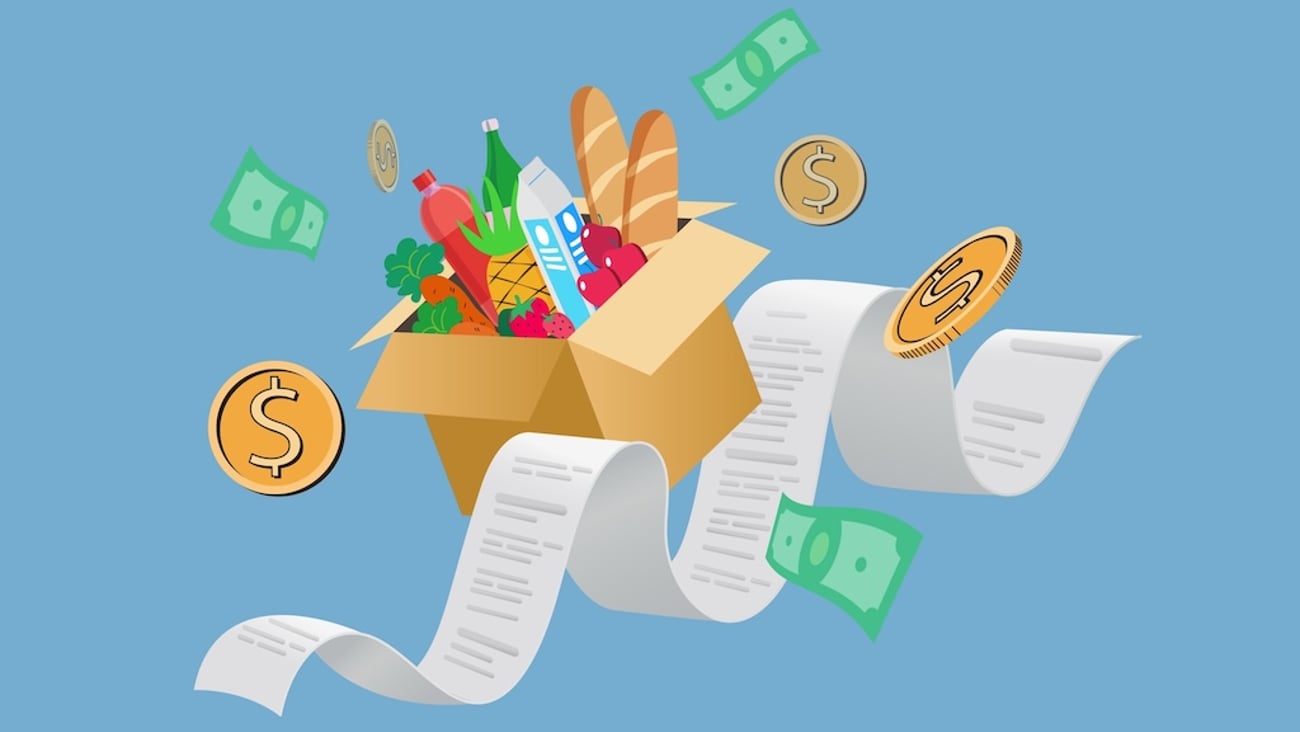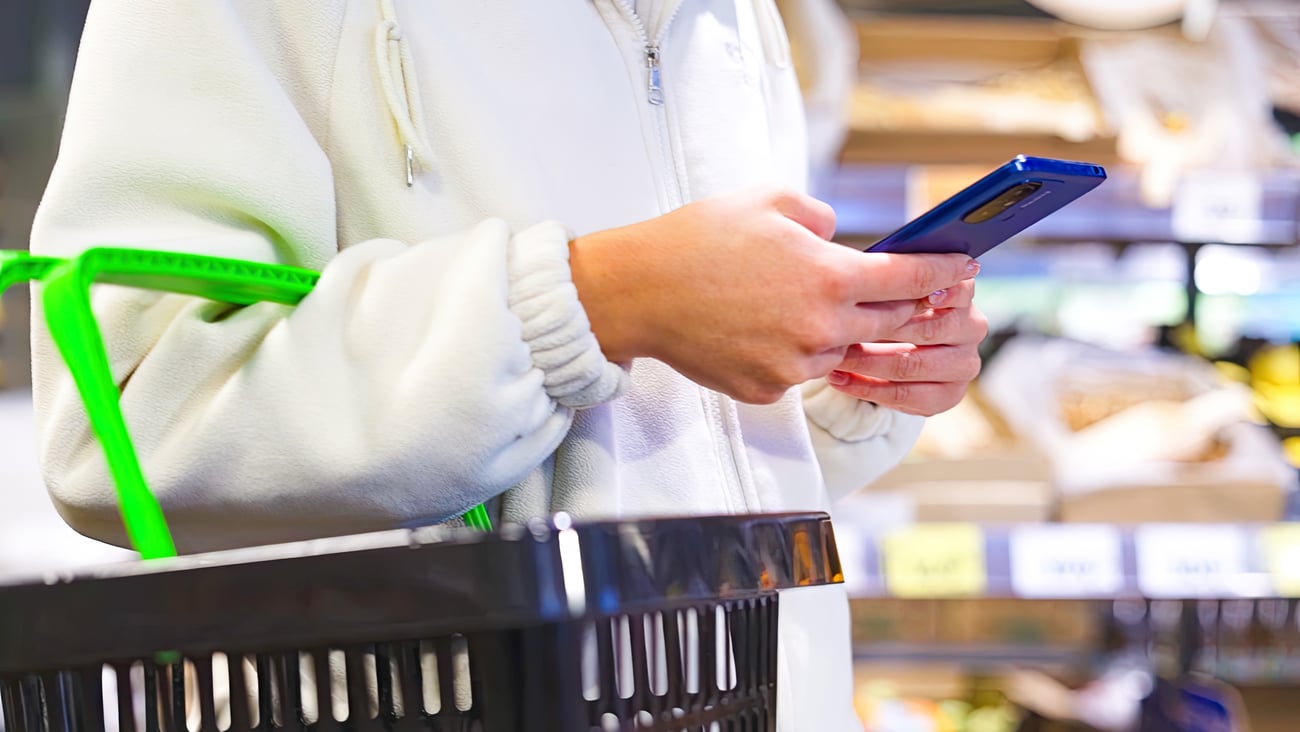Could Canada's supply of baby formula run dry?
Parents of toddlers these days are concerned about baby formula shortages. A major recall in the United States affecting the top manufacturer of baby formula, coupled with supply chain challenges, has made things difficult for parents.
Some parents are driving hours to get the right product for their baby. In more than six states, over 50% of retail stores are out of stock. Breast milk banks are getting organized, and many organizations are helping desperate parents. Product is available, but it may not be the brand their baby is accustomed to and that, of course, can be a problem for nervous parents.
In February, Abbott, the largest baby formula maker in the U.S., voluntarily recalled products manufactured at its Michigan plant and closed the facility following reports that four infants had fallen ill from bacterial infections. Two toddlers allegedly died after having consumed formula produced at the plant. A whistle-blower alerted the FDA last year as to what was going on at the plant. Abbott still denies everything.
The plant in Michigan could be shut down for another two months, if not more. Regulators would typically expedite the opening of such an important plant. We saw this during COVID with major meat plants, but the relationship with the FDA and Abbott is clearly fractured.
When only three companies manufacture approximately 98% of what is consumed in the country, things will escalate when a recall occurs. The baby formula market is not that profitable since birth rates have been dropping in the U.S. When a market is shrinking, getting new players is challenging.
It’s not the first time baby formula has made international headlines. In 2008, China had its own baby formula scandal when thousands of toddlers were hospitalized, and a few actually died after a top manufacturer added melamine to their formula. For months, everything was hidden from the public since Beijing did not want any bad publicity as it was hosting the Summer Olympics that year. This became one of the most significant food safety scandals in history.
The situation might be a little different in Canada. First, demand for baby formula in the United States is typically higher than it is in Canada. According to the CDC, about 56% of infants in the U.S. are breastfed up to the age of six months. In Canada, that rate is above 80%, according to the International Journal for Equity in Health. Reliance on baby formula in the United Sates is more acute. Also, Health Canada has temporarily allowed other infant formula brands from the U.S., the U.K., Ireland, and Germany to be imported into Canada. This measure will help put many parents at ease. Still, most of the baby formula consumed in Canada is imported, so any hiccups outside of Canada can impact our supplies at any given time.
But, most Canadians don’t know Canada is home to a large baby formula plant. Canada Royal Milk, owned by China's Feihe International, built a plant in Kingston, Ont. in 2017. It is the largest baby formula plant in Canada by far. However, all its products are shipped back to China. The plant itself uses Canadian cow and goat milk. For any experts who understand how the Canadian dairy sector works, this is troubling.
Cow milk is partially subsidized by Canadian taxpayers, but dairy farmers also have expensive government-sanctioned quotas intended to only serve Canadians. Supply management is about feeding ourselves and nobody else. Supply management is considered one of the most protectionist policies we have in Canadian agriculture. But for baby formula, we produce for China, almost exclusively. Something is not right.
Selling to China is not the problem. After all, China’s melamine scare in 2008 made Canadian dairy products all the more attractive. It’s hard to blame an industry for capitalizing on an opportunity. But this dairy is Canadian dairy. To get Canadians to buy into our supply management regime, and to produce what we need in Canada, Canadian dairy farmers have long argued we can't ship milk abroad and grow the Asian market. Since dairy farmers have no incentive to grow any markets at all, we have allowed a Chinese-owned company to invest in Canada, only to ship our own food back to China.
Subsidizing and protecting our own milk production to serve other markets is not what supply management was designed to do when it was implemented more than 50 years ago. The milk sold to Royal Milk should not only be off quota, but the facility should also be Canadian owned and operated so some of the focus would be on the Canadian market itself.
For Canadian consumers, having access to Canadian made baby formula would also be reassuring, but dairy farmers just don’t think about the market that way. Money is money, and who is being fed is totally secondary. For Canada, this is truly our own baby formula problem.




